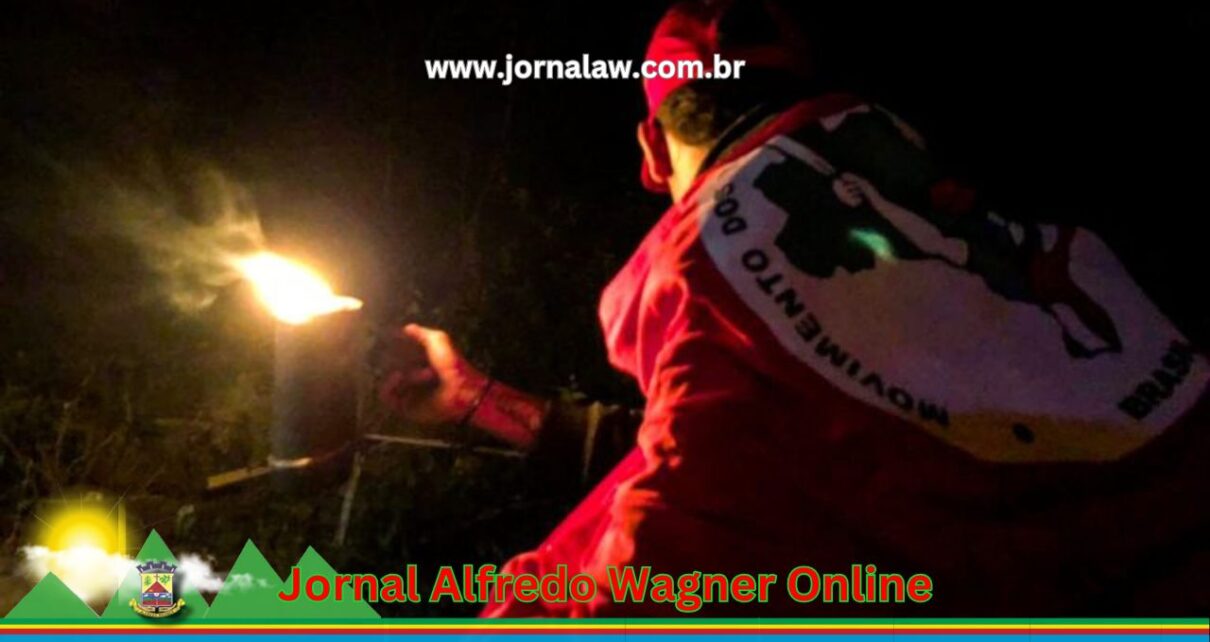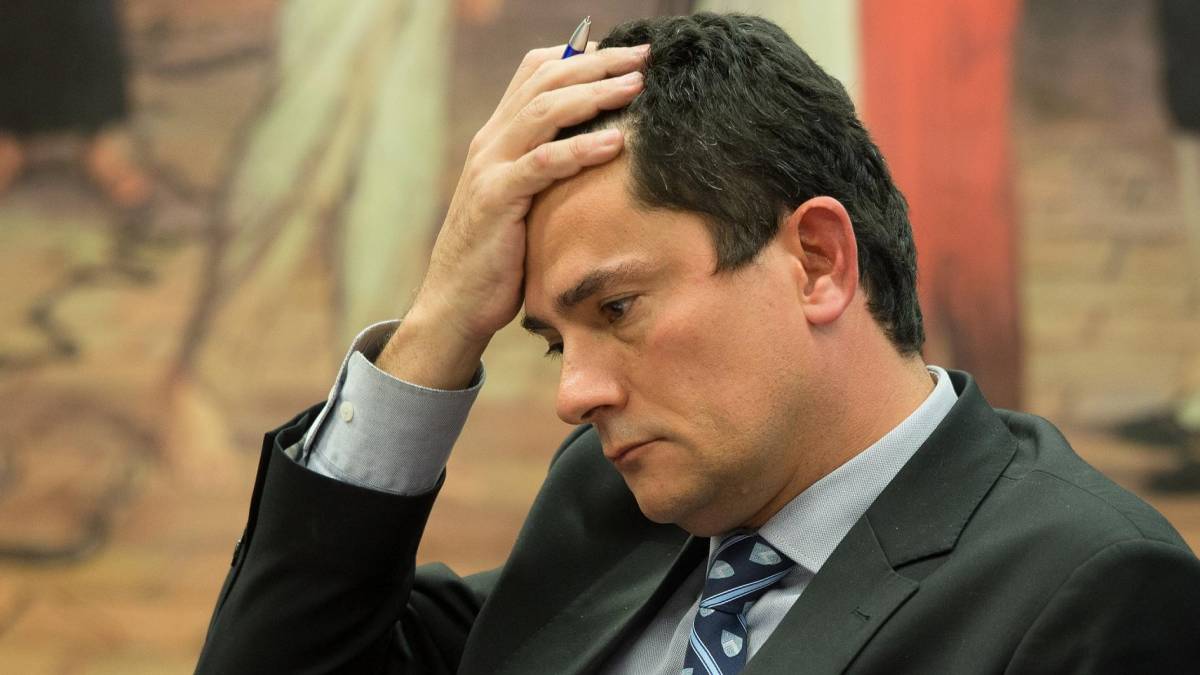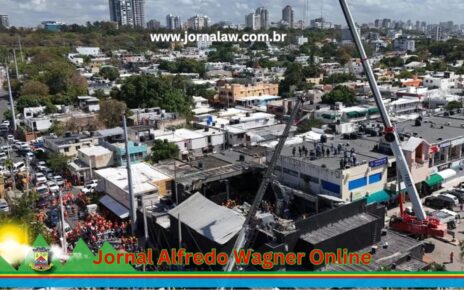Dr. Eduardo Berbigier
Recently, agribusiness representatives and parliamentarians expressed concern about the high number of invasions carried out by the MST during “Red April” in 2025, warning of the risks of these actions.
Even before the official start of the so-called “Red April”, the country was already seeing properties invaded, rural producers expelled from their lands and a worrying scenario of uncertainty regarding the accountability of those involved. Between March 14 and 17 alone, more than 70 actions, protests and invasions were recorded in various regions of Brazil.
It is obvious that movements of this nature impact and cause great concern to rural producers, who feel threatened, even more so when the State and its legal institutions ignore the gravity of the situation.
All the tension generated for rural producers and agribusiness is mainly caused by the political use of agrarian reform, which has the support and favor of government decrees, ordinances and resources, which, in some way, legitimize the actions of the movement.
It is important to remember the MST invasion of Embrapa Semiárido in the early hours of April 16, 2023, which occurred on lands designated for agriculture and preservation of the Caatinga. The occupation resulted in significant losses for producers and farmers in the region served by the institution.
As if the countless and harmful actions of the MST were not enough, we recently witnessed the demonstration by the President of the Republic, Luiz Inácio Lula da Silva (PT), who on March 7, during a ceremony held in Campo do Meio, Minas Gerais, in front of members of the movement, defended agrarian reform and said: “ Everyone knows that I have a side ”.
In 2023, we also had Decree No. 11,637, which changed the rules for the selection, permanence and titling of families benefiting from agrarian reform in Brazil. The rule gives priority to families camped out, involved in invasions, instead of those legally awaiting access to land. This measure weakens the rights of rural producers and encourages irregular occupations.
It is contradictory and incoherent that, even after having received land from various governments, the MST remains dissatisfied, promoting disorder and generating terror. Haunting rural producers.
The Parliamentary Front for Agriculture (FPA) recently warned about the danger of escalating invasions in the countryside, even before April began, and pointed to actions coordinated by movements such as the MST, which has already carried out five invasions in the first months of 2025 alone.
In 2024, according to data from the Brazilian Confederation of Agriculture and Livestock (CNA), there were 28 occupations in several states, including Bahia, Pernambuco, Ceará, Distrito Federal, Rio de Janeiro, Goiás, São Paulo, Sergipe, Paraná, Rio Grande do Norte and Pará.
It is worth noting that the MST does not want land that is difficult to cultivate. It does not want to do what large rural producers, which its members now call landowners, did decades ago. These pioneers of agribusiness and rural production faced extreme conditions in remote and inhospitable regions, dealing with malaria and other diseases, facing unimaginable challenges in states such as Mato Grosso, Mato Grosso do Sul, Pará, Tocantins, Rondônia and Goiás, 50 or 60 years ago. They lived in tents, without electricity, without drinking water, without anything. They planted and cultivated the land without even knowing whether it would be productive. There was no guarantee that the cerrado would be suitable for growing soybeans, for example. It was with much sacrifice, martyrdom, perseverance and suffering, combined with the work of Embrapa, that many of these regions made Brazil, today, the breadbasket of the world.
While the MST uses guerrilla tactics, with rapid actions that spread terror and instability in the countryside, rural producers and the Parliamentary Front for Agriculture are putting together a legislative package to combat invasions and protect agribusiness from the persecution it suffers.
It is important to remember that the sector that produces, feeds, and sustains the Brazilian economy and remains the main social pillar of the country has received successive refusals from the Lula government to obtain basic necessities and provide peace of mind to rural producers.
The productive sector has experienced the suspension of the Harvest Plan, the lack of rural credit, high interest rates, and of course, land invasions that have considerably increased violence in the countryside.
We know that the objective of the FPA initiative is to encourage legal security for rural property, toughen penalties for troublemakers, and facilitate the repossession of land, aiming to consolidate Brazil as a global agricultural power.
In conclusion, it is important to highlight that the agribusiness that works and works from dawn to dusk, fighting against countless difficulties, also has a side: to strengthen Brazil as the breadbasket of the world!
Eduardo Berbigier is a tax lawyer, specialist in Agribusiness, member of the Legal and Tax Committees of the Brazilian Rural Society and CEO of Berbigier Sociedade de Advogados.



